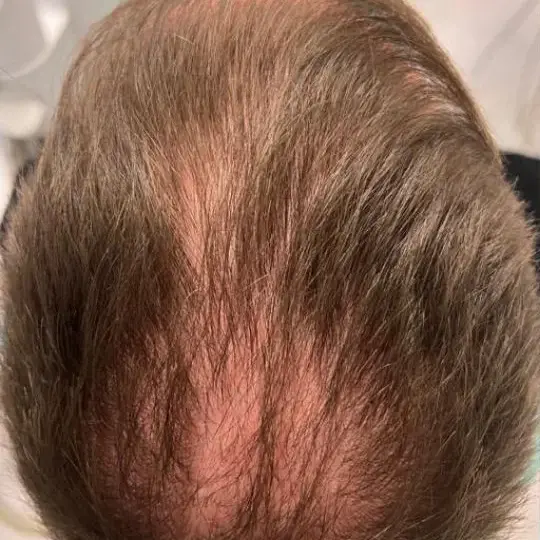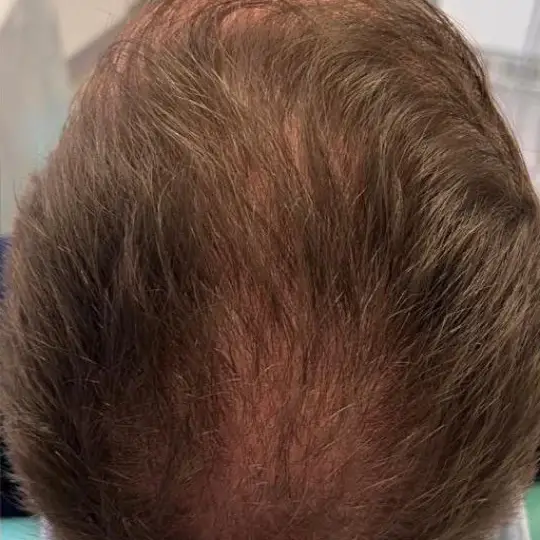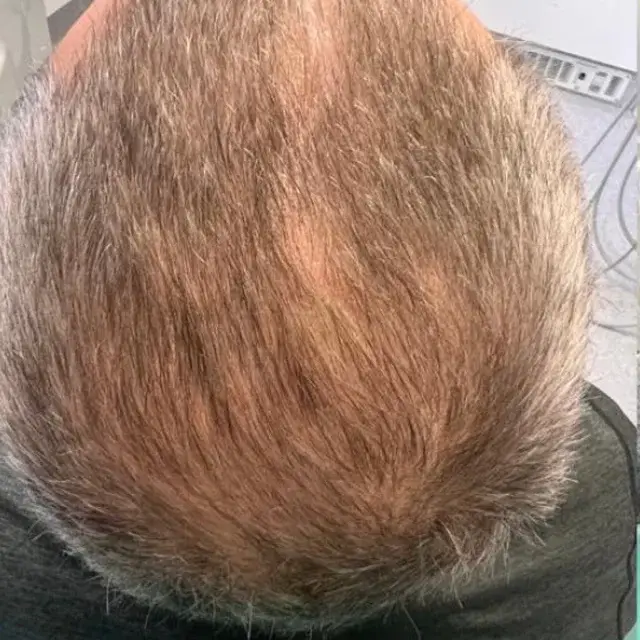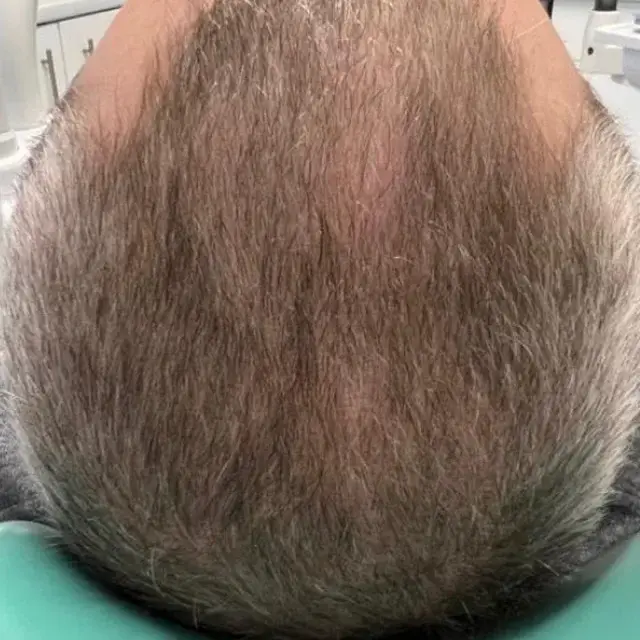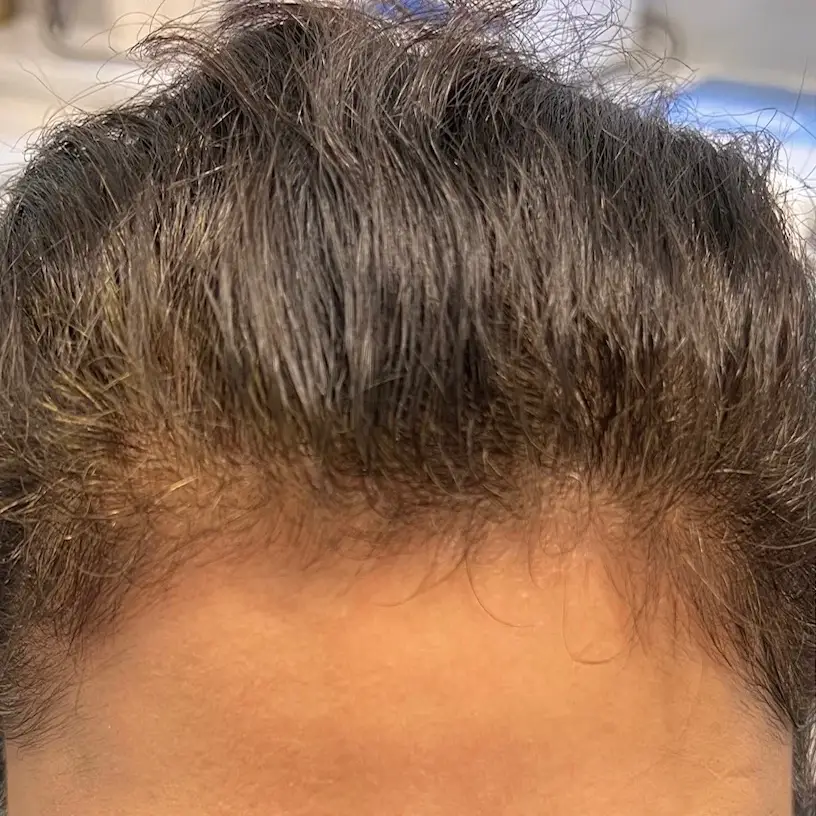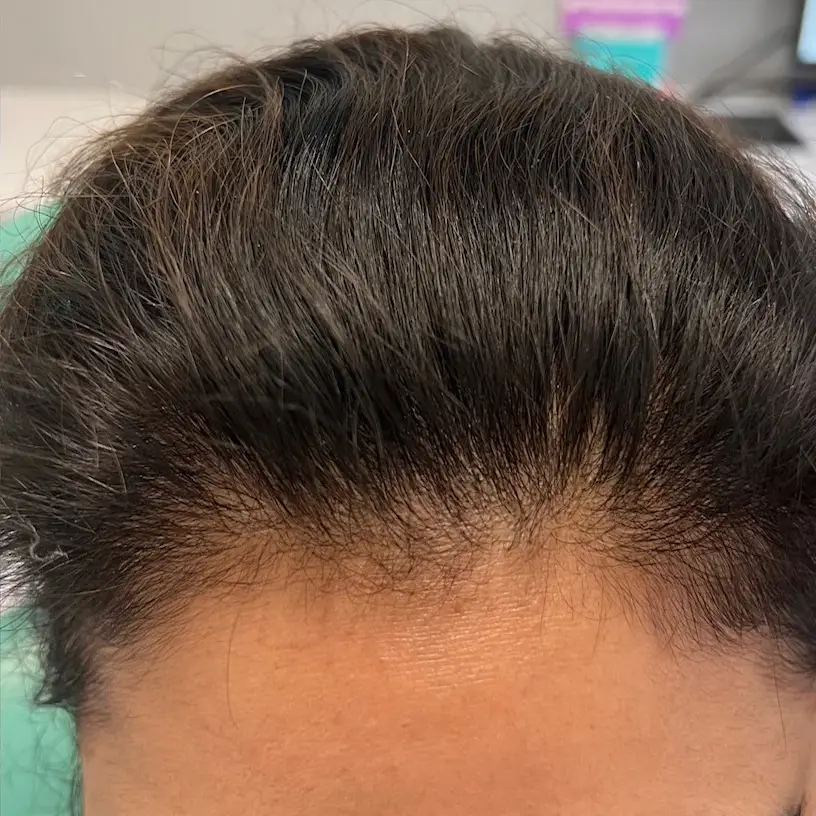Platelet Rich Plasma Hair Loss Glasgow
PRP (platelet-rich plasma) therapy for hair loss is a three-step medico-cosmetic treatment in which a person’s blood is drawn, processed, and then injected into the scalp.
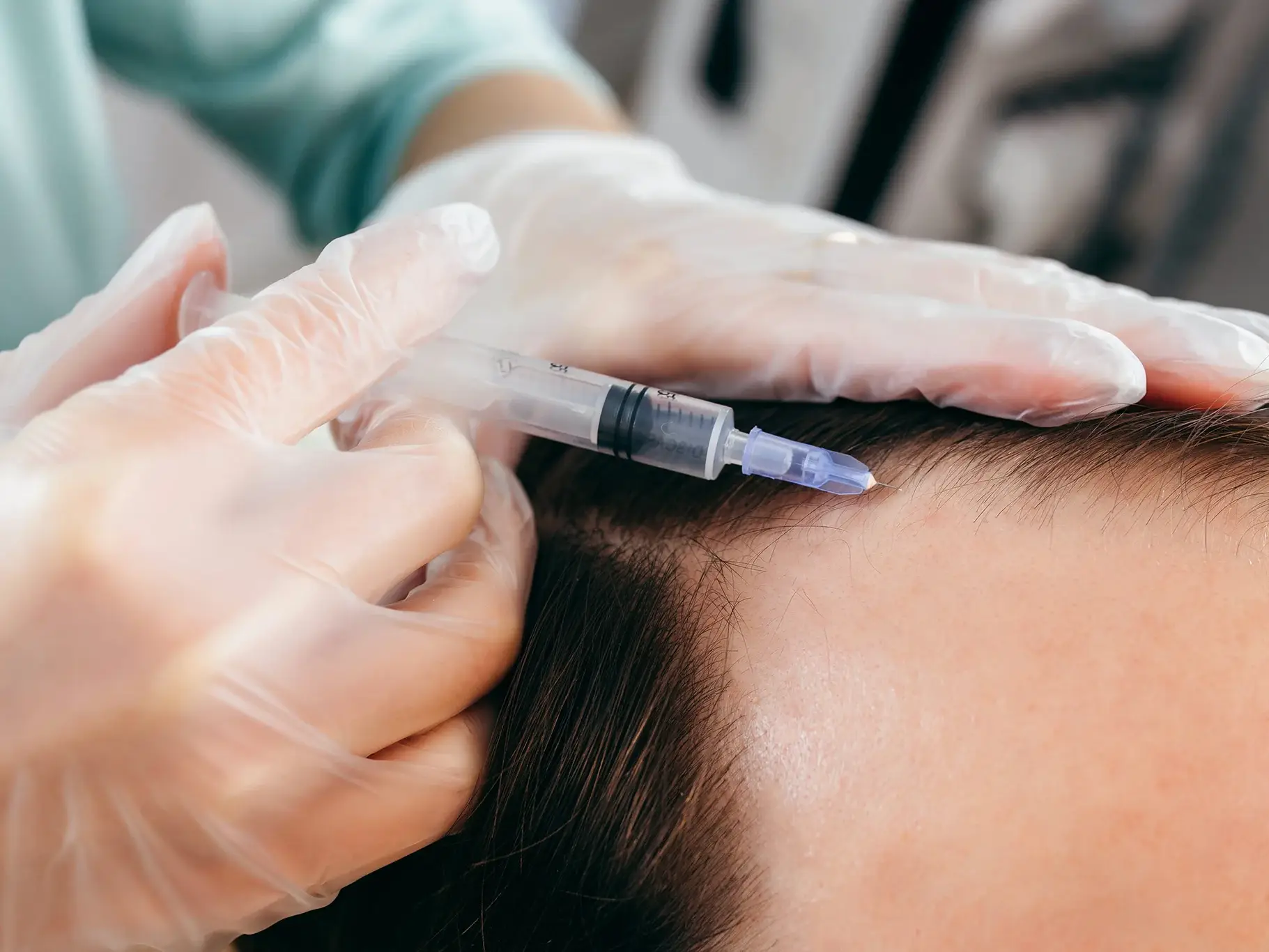
Explore More
PRP injections trigger natural hair growth and maintain it by increasing blood supply to the hair follicle and increasing the thickness of the hair shaft. Sometimes this approach is combined with other hair loss procedures or medications or shampoos .
PRP therapy has been in use since the 1980s. It’s been used for problems such as healing injured tendons, ligaments, and muscles.
PRP Therapy Process
PRP therapy is a three-step process. Most PRP therapy requires three treatments 4-6 weeks apart. You can have 5 treatments 1 month apart in some cases. 1 Maintenance treatments is required every year.
Step 1 – Your blood is drawn — typically from your arm — and put into a centrifuge (a machine that spins rapidly to separate fluids of different densities).
Step 2 -After about 5 minutes in the centrifuge, your blood will have separated into in three layers:
• platelet-poor plasma
• platelet-rich plasma
• red blood cells
Step 3
The platelet-rich plasma is drawn up into a syringe and then injected into areas of the scalp that need increased hair growth.
PRP For Hair Loss Side Effects
Because PRP therapy involves injecting your own blood into your scalp, you aren’t at risk for getting a communicable disease.
Still, any therapy that involves injections always carries a risk of side effects such as:
• injury to blood vessels or nerves
• infection
• calcification at the injection points
• scar tissue
Risks of PRP For Hair Loss
Be sure to report all medications you’re on before the procedure including supplements and herbs.
When you go for your initial consultation, many providers will recommend against PRP for hair loss if you:
• are on blood thinners
• are a heavy smoker
• have a history of alcohol or drug misuse
You might also be rejected for treatment if you’ve been diagnosed with:
• acute or chronic infections
• cancer
• chronic liver disease
• chronic skin disease
• hemodynamic instability
• hypofibrinogenemia
• metabolic disorder
• platelet dysfunction syndromes
• systemic disorder
• sepsis
• low platelet count
• thyroid disease
